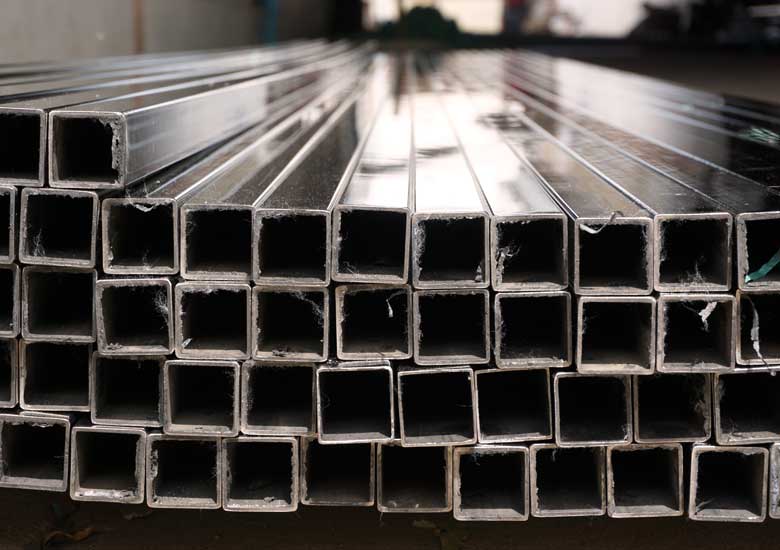What’s the difference between 14 gauge and 12 gauge framing?
What’s the difference between 14 gauge and 12 gauge steel framing? The answer to that question is very simple; strength and value. Stronger steel framing means your metal building will not only be more weather resistant, but will add more property value to your home or land.
The first thing to understand is the gauge system. Gauge is the measurement used to measure the thickness of steel. In the gauge system the higher the number the thinner the steel. As an example, 12 gauge steel is thicker and stronger than 14 gauge steel.
Many first time buyers of metal buildings ask about the difference in the 14 and 12 gauge steel framing.
Our most economical option is the 14 gauge steel framing, measuring 2 ½” x 2 ½” in diameter. The 14-gauge steel is the industry standard of frame thickness and the most nationally accepted gauge for carport and metal structures.
Our 12 gauge framing is 2 ¼” x 2 ¼” in diameter and has a higher tensile strength that provides higher snow load and wind load ratings. Which is why we recommend the 12 gauge steel for areas with heavy snow and high winds, as well as carports 10’ and taller or more than 30’ in width.
Both gauge options are structurally sound and will allow you to use your Elite Metal Structures building safely. All of our gauge options can be certified.
Steel framing also compares well to wooden framing because they are lighter, more stable, less susceptible to the weather, and resistant to pests and vermin. Large open spans are possible by using trussed structures. Most producers of steel buildings will make custom frames, made to your specifications. This allows for you to have no limitations in the design, for a relatively low cost.

